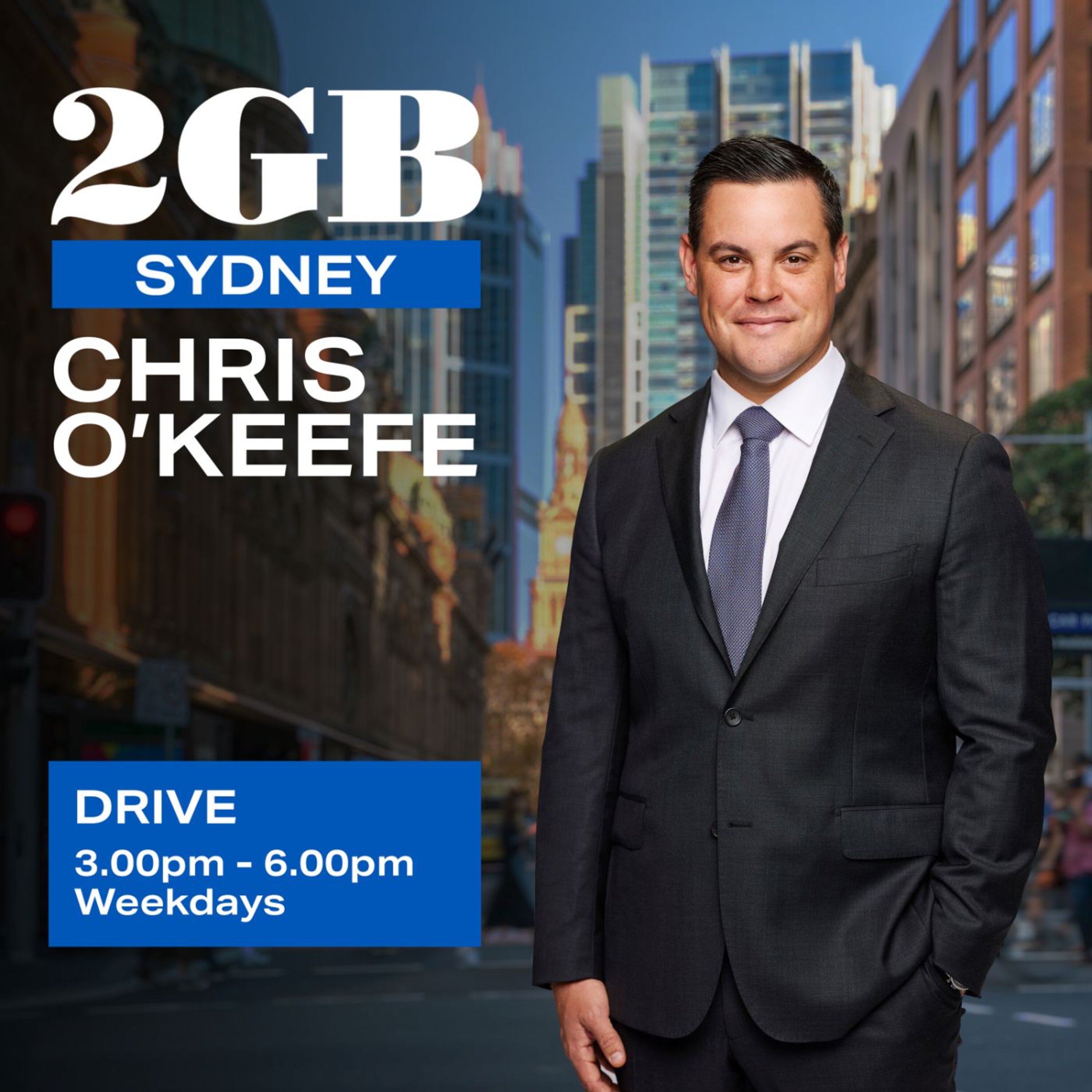
Phantom foods give the illusion of choice at Australian supermarkets

2GB Drive with Chris O'Keefe
Shownotes Transcript
Well, Professor Gary Mortimer is a retail researcher at the Queensland University of Technology, and they've been looking at this. G'day, Professor. G'day, Chris. Great to chat. So why do they work so well, these phantom brands? Well, I guess when you think about certain products that you buy from the supermarket, things like baby food, dog food, cat food, shampoos, conditioners, hand sanitizers, you don't particularly want to have maybe a
Coles or Woolworths or IGA brand labels across it, particularly in a bathroom setting where you're going to feed your kid or your pet. So these types of products look like brands. Ultimately, it's just the bigger players pulling a leaf out of the Aldi playbook. When you wander through an Aldi store, they don't call them Aldi biscuits, they're called Balfours. So Aldi have really set the tone with this idea of creating a brand and that's essentially what it's done as well.
It's all good stuff, isn't it? It is. Yeah, absolutely. And I think what you'll generally find now is almost this tearing effect. So you'll still have the Coke and your Arnott's Tim Tams, your Cadbury Brock chocolate. The big brands are never going to disappear. You'll have your generic plain brand. You'll have your supermarket brand. And you'll have another brand that sort of sits in the middle. Now, they're referred to as phantom brands because they actually have the Woolworths or the Coles or the IGA logo on it. But they're...
produced under license or under contract for the supermarket. And there's a whole range. Koi, you know, bath washes and hand sanitizers is a Coles brand. When did sort of the black and golds and the really obvious home brand stuff sort of go out of fashion?
Yeah, I mean, I think many of us would probably remember a couple of decades ago, Australia's first low-cost supermarket, Franklin's. Franklin's No Frills, yeah. So they really owned the No Frills generic plain package product. Supermarkets sort of jumped onto it pretty quickly, as they did globally, and then they
What's happened is that they sort of, I guess they've improved the quality of it. Aldi has certainly legitimised private label in Australia. They've really forced other players to sort of lift their game. So what you see, you know, in most of your private label products today is essentially what you'll get in a branded product. When you think about eggs and bread and things like that, they're not being shipped in from anywhere. They're just simply made by the same producers here in Australia. Have you noticed at all yourself that there's any sort of...
negative consequences to this I'm sure that a lot of the private companies they'd be keeping a pretty acute eye on things just to make sure that you know they weren't being plagiarised in a sense
Yeah, well, I mean, there's certainly trademark and plagiarism issues, certainly trademark issues at play. And certainly the big supermarkets are very careful about that. Aldi probably skirts around a little bit more closely in the grey area. If you look at their Nutri-Grain cereal, it looks very similar to Nutri-Grain. Their Sunny Boy crumpets look very similar to Golden Crumpets. But certainly from a supplier's perspective,
the more ways that you can get your product into market, whether it's your own brand, whether it's packaged up as a private label, whether it's packaged up as a phantom brand, it's always a win for suppliers. Professor, thank you so much for coming on. Really appreciate it. Talk soon.
